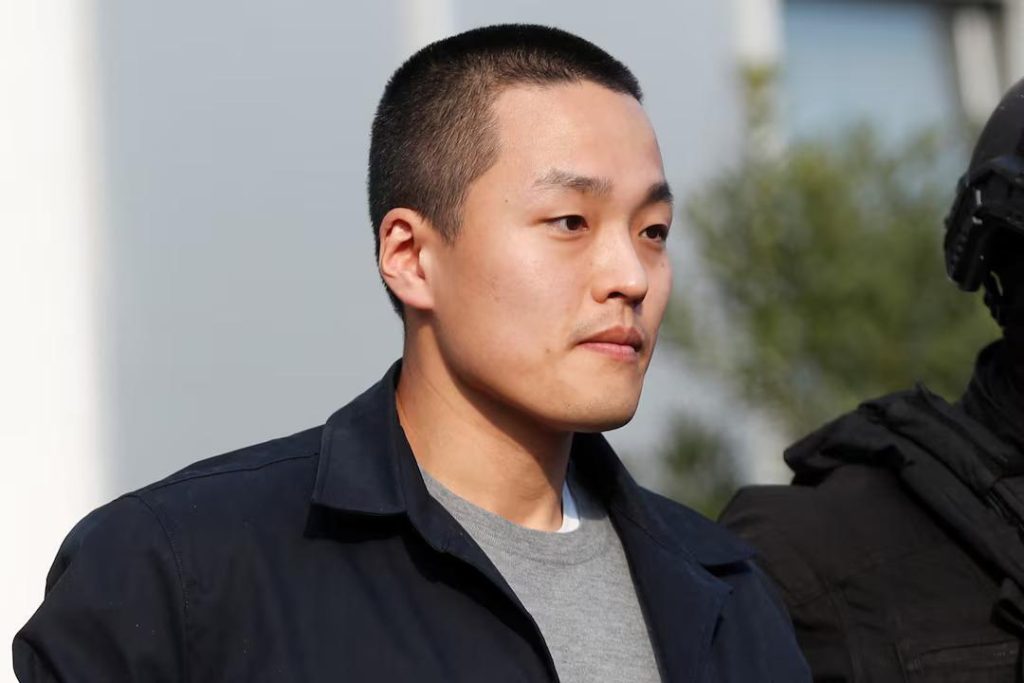
Crypto King’ Do Kwon, behind TerraUSD & Luna, pleads guilty to ₹3.5-lakh-crore fraud
In a shocking turn of events, South Korean entrepreneur Do Kwon, dubbed by some as ‘Cryptocurrency King’, has pleaded guilty to conspiracy to defraud and wire fraud. Kwon, who was behind the cryptocurrencies TerraUSD and Luna, which lost nearly $40 billion (approximately ₹3.5 lakh crore) in 2022, co-founded Terraform Labs and faced a maximum sentence of 25 years in prison. However, with his admission of guilt, his sentence may be reduced to 12 years.
For those who may not be familiar, Do Kwon is a prominent figure in the cryptocurrency world, known for his ambitious projects and charismatic personality. He co-founded Terraform Labs in 2018, with the aim of creating a stablecoin called TerraUSD (UST) that would be pegged to the value of the US dollar. The idea was to create a digital currency that would be more stable and less volatile than other cryptocurrencies. Kwon also launched Luna, a token that could be used to stabilize UST.
However, in May 2022, the entire Terra ecosystem collapsed, causing widespread panic and financial losses. The value of UST dropped from $1 to nearly zero, wiping out the value of Luna and causing a ripple effect throughout the cryptocurrency market. Many investors lost significant amounts of money, and the event was widely seen as one of the most significant failures in the history of cryptocurrency.
Kwon’s legal troubles began soon after the collapse, as he was accused of fraud and conspiracy by the United States Securities and Exchange Commission (SEC). He was arrested in Montenegro in March 2022, and later extradited to the United States to face charges.
In a surprise move, Kwon has now pleaded guilty to all fraud charges, including conspiracy to commit wire fraud and securities fraud. His admission of guilt may reduce his potential sentence from 25 years to 12 years.
So, what led to Kwon’s downfall? An investigation by the SEC and other authorities revealed that Kwon and his company, Terraform Labs, had engaged in a series of fraudulent activities. These included misrepresenting the stability of UST, concealing the risks associated with the token, and using fake trading data to manipulate the market.
According to the SEC, Kwon and Terraform Labs also used a complex network of shell companies and offshore accounts to launder the proceeds of the fraud. The investigation found that the company had made false and misleading statements to investors, including claims that UST was backed by a reserve of stablecoins.
The collapse of TerraUSD and Luna had far-reaching consequences, not just for individual investors but also for the broader cryptocurrency market. The event led to a significant decline in the value of many other cryptocurrencies, and it highlighted the risks and vulnerabilities of the market.
In a statement, the SEC said that Kwon’s guilty plea marked a significant milestone in the agency’s efforts to hold accountable those who engage in fraud and other illegal activities in the cryptocurrency space.
“This case demonstrates the SEC’s commitment to protecting investors and maintaining the integrity of the securities markets,” said Gurbir Grewal, Director of the SEC’s Enforcement Division. “We will continue to work tirelessly to identify and prosecute those who engage in fraudulent activities, regardless of their proximity to the cryptocurrency space.”
The fallout from the Terra collapse has also led to increased scrutiny of the cryptocurrency market and its regulatory environment. The event has raised important questions about the need for greater transparency, accountability, and oversight in the industry.
As Kwon prepares to face the consequences of his actions, the cryptocurrency community is left to pick up the pieces and rebuild. While the collapse of TerraUSD and Luna was a significant setback, it also serves as a reminder of the importance of responsible innovation and the need for greater vigilance in the pursuit of financial innovation.
Sources:






